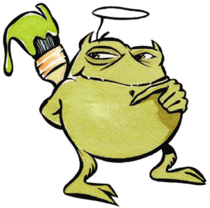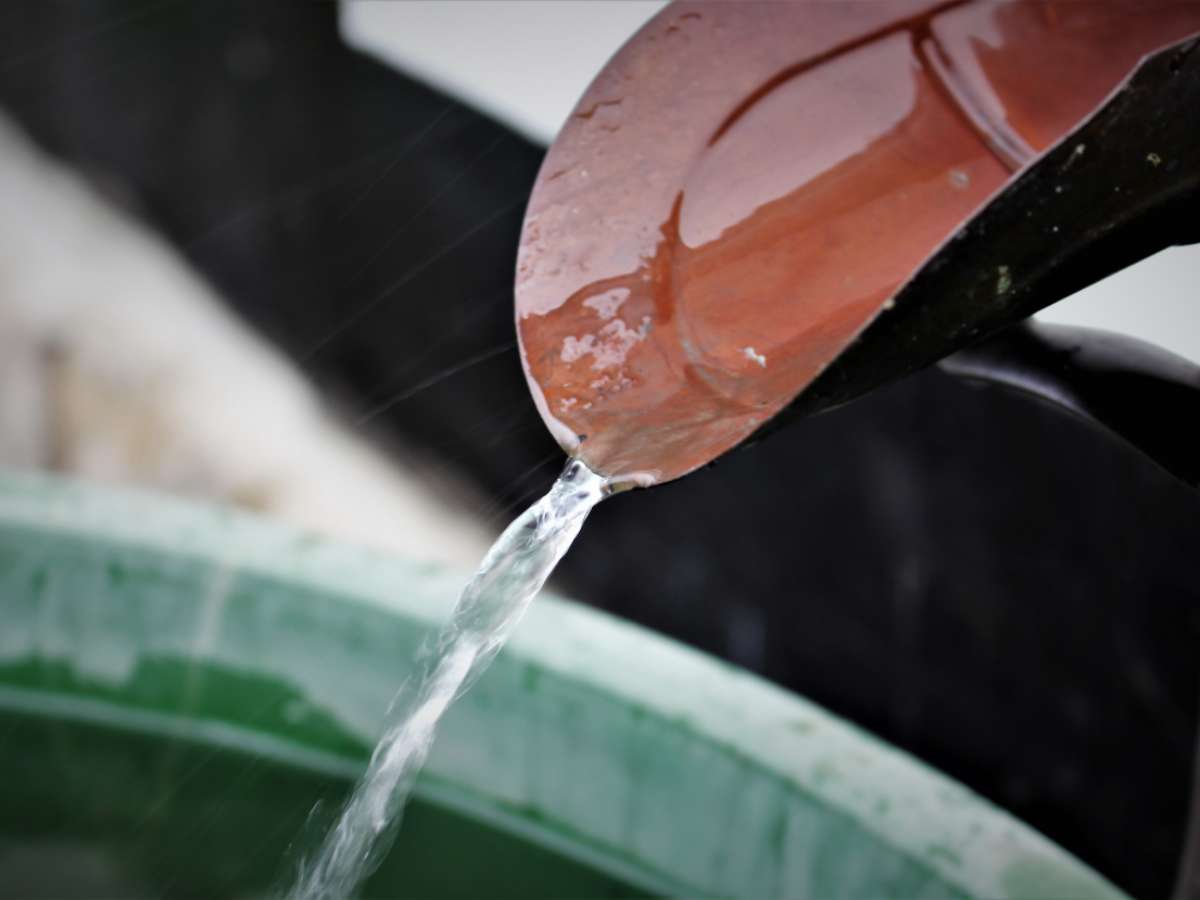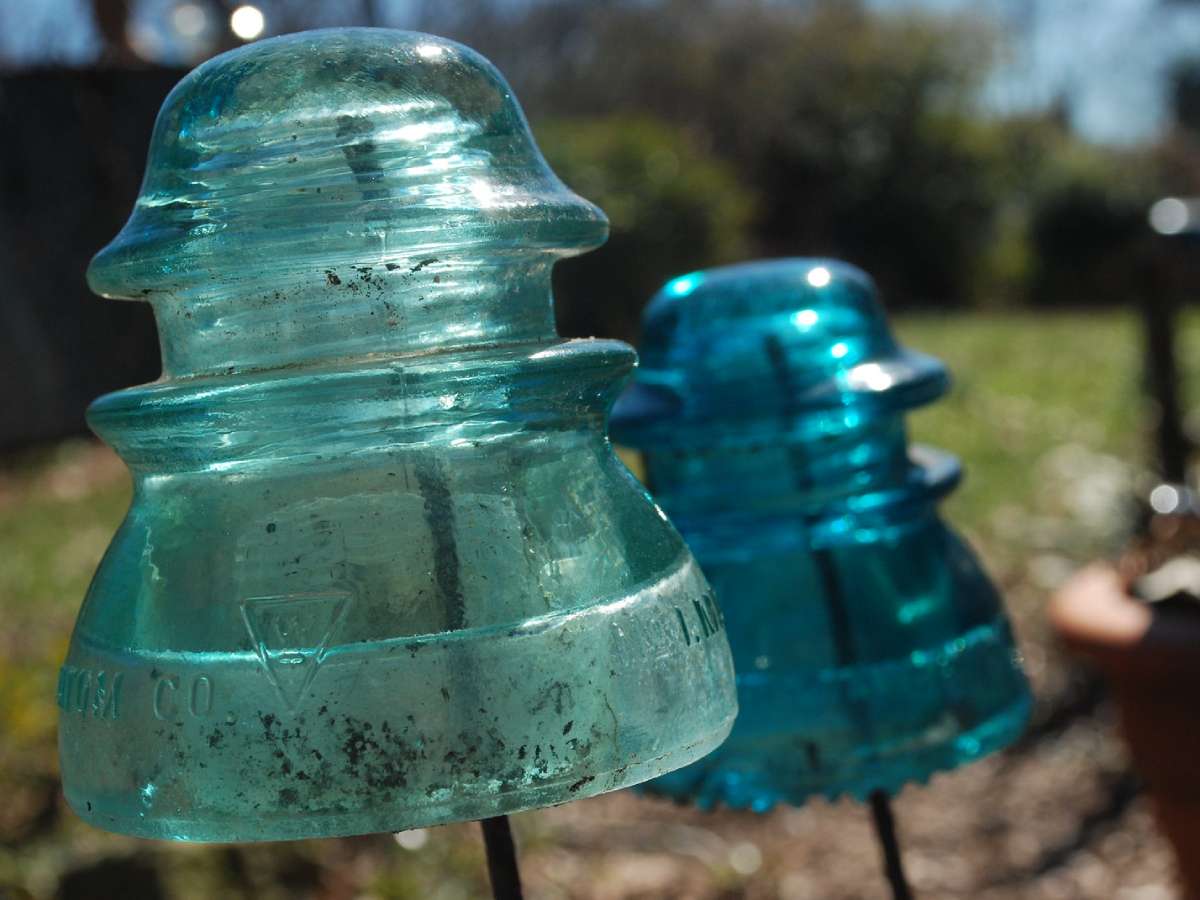 Living green can be easy, but greenwashing does NOT make it easier.
Living green can be easy, but greenwashing does NOT make it easier.
So what is greenwashing?
Wikipedia defines it like this:
“A term that is used to describe the act of misleading consumers regarding the environmental practices of a company or the environmental benefits of a product or service.”
These days, products and service that help in living green are big business. Unfortunately, that means that the greenwashing problem will only get worse.
How can you know whether the green wool is being pulled over your eyes?
I’m here to help you make sure it doesn’t.
G.I. Joe taught me as a little boy that “knowing is half the battle,” but unless you give legs to that knowledge, it’s relatively useless.
Last year, Green Daily uncovered the 6 Sins of Greenwashing by TerraChoice.
UPDATE: Check out the latest stats & facts about greenwashing and the all new 7 Sins of Greenwashing by TerraChoice.
What Are The 6 Sins Of Greenwashing?
- Hidden Trade-Off. Companies highlight one eco-friendly attribute and ignore the product’s other (potentially more significant) environmental concerns.
- No Proof. Involves claims that can’t be verified. (The report found 26% of environmental claims fall into this category.)
- Vagueness. Using terms like “chemical-free” or “non-toxic” — which are both universally true, and universally false depending on your interpretation.
- Irrelevance. When companies make claims that, while true, are unhelpful like “CFC-free” when CFCs have been banned for almost 30 years.
- Lesser of Two Evils. Like “green” herbicides — which ignores the fact that herbicides in any form aren’t good for the environment.
- Fibbing. The most obvious, in which companies flat out lie. (Less than 1% of companies make this mistake, but does happen.)
TerraChoice says:
In an effort to describe, understand, and quantify the growth of greenwashing, TerraChoice Environmental Marketing Inc. conducted a survey of 6 category-leading big box stores. Through these surveys, we identified 1,018 consumer products bearing 1,753 environmental claims. Of the 1,018 products examined, all but one made claims that are demonstrably false or that risk misleading intended audiences (which is to say that all but one committed at least one of the 6 Sins of Greenwashing).
It’s clear that the word “natural” officially means nothing — at least not to the FDA.
Unfortunately, according to a study commissioned by Burt’s Bees, 77% of consumers believed that “natural” claims ARE regulated.
The word “organic” is losing its value too. Many companies plaster “all-natural” and “non-toxic” all over their products when in reality there might be one measly plant extract in a cesspool of physically and environmentally damaging garbage.
Recently, many bloggers have begun to speak out in mass against greenwashing. Green blogger super hero, No Impact Man, sure has joined the fight.
How Do You Avoid The Greenwash Brush?
This link to the 6 Sins of Greenwashing is the best resource to check for that, but a few pointers are:
- Shop for products with multi-attribute instead of single attribute eco-labels. Two good multi-attribute labels are Green Seal and EcoLogo.
- Ask questions to uncover evidence of the 6 Sins. Some examples might be: “Is the “green” claim restricted to just one, or a narrow set of environmental issue(s)?” and “Does the claim help me find more information and evidence?”
Personally, Sin #5 (Lesser of Two Evils) isn’t a big issue to me.
Isn’t it better to at least be doing SOMETHING rather than NOTHING? I think this is where activists get carried away with feeling like a person or company must go to the ultimate extreme, or don’t go at all.
I’m of the feeling that every step helps, even it’s a small one. Now in that same vein, don’t paint a small step as if it were a giant leap either.
Are the 6 Sins of Greenwashing important to you? How do you avoid the buckets and buckets of greenwash these days?
I think every little step toward living green is an awesome one… but eco-snobbery sucks! My goal is to help newbies learn the most important steps toward living green — individually and collectively. Personally, I strive to have as little impact as possible on Planet Earth while I'm here.




